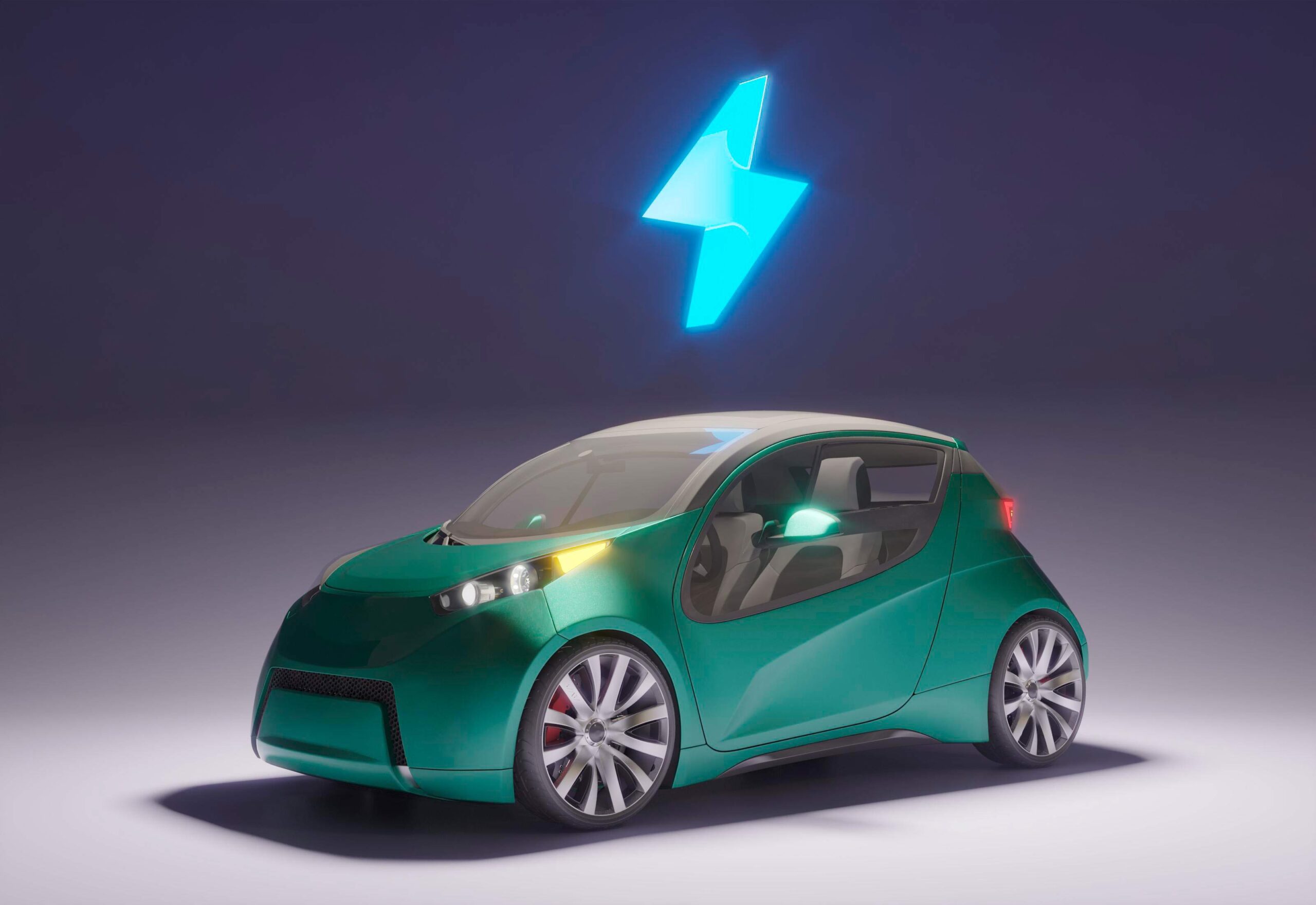Zero-emission electric vehicles carry all the features necessary for a sustainable means of transportation. Electric vehicles powered by specially designed batteries, instead of fossil fuels, bring a unique e-mobility approach to transportation. Electric vehicles equipped with innovative technologies serve as an environmentally friendly and versatile alternative to traditional cars.
What is an Electric Vehicle?
Electric vehicles, offering travel with zero emissions, are of great importance for a sustainable lifestyle. Electric vehicles draw their power from a large battery instead of fossil fuels such as gasoline, diesel, or LPG. Fully electric vehicles can offer a driving range between 150 to 750 km. Due to advancements in battery systems and electric motor technologies, these values are expected to rise even further in the coming years. Fully electric vehicles can be charged via standard AC-type home sockets (240 volts). For fast charging, DC-type charging stations available to the public can be utilized.
Electric vehicles not only help reduce carbon emissions but also provide a unique driving experience with the latest technologies. Autonomous driving features, adaptive steering, stable speed control, and entertaining multimedia options are standard in many electric vehicles today. The absence of heavy and space-consuming parts such as internal combustion engines, drive shafts, exhaust systems, and fuel tanks in electric vehicles results in a spacious cockpit and more storage space.
Advantages of Electric Vehicles
- Electric vehicles with zero exhaust emissions are vital for clean air and a green environment.
- With no internal combustion engine, maintenance intervals are longer, and maintenance costs are lower.
- There are no costly service expenses like engine oil changes, filter replacements, or transmission maintenance.
- They not only keep the air clean but also minimize traffic-related noise pollution.
- They provide efficient and powerful driving by transmitting energy from the battery to the wheels with minimal loss.
- Equipped with autonomous technologies, they enhance driving safety and comfort to the highest level.
- Electric energy, being cheaper than gasoline and diesel, is both environmentally friendly and budget-friendly.
Disadvantages of Electric Vehicles
- The initial cost of electric vehicles may be higher than that of fossil fuel-powered vehicles.
- The lack of sufficient charging stations can raise concerns, especially during intercity journeys.
- Recharging electric vehicles can take a long time, making it difficult for users to get their vehicles ready quickly.
- Electric vehicles generally have shorter driving ranges compared to traditional vehicles.
Are Electric Vehicles Sustainable?
Looking at the carbon emission values of fossil fuel-powered vehicles, it’s evident that these vehicles are largely responsible for a significant portion of climate change emissions. Over the past 50 years, due to the growing world population, emissions from both public transport and private vehicles have steadily increased. The rising number of vehicles per household and the decrease in the number of people per vehicle contribute to more vehicles on the roads. Considering that most of these vehicles use fossil fuels, the magnitude of the problem becomes clearer.
It is estimated that by 2050, more than 70% of all vehicles on the planet will be electric. The growing interest in electric vehicles over the past 10 years, along with government initiatives in this direction, suggests a rapid shift from traditional fossil fuel-powered vehicles to electric ones. Not only electric cars but also electric bicycles, motorcycles, and scooters offer environmentally friendly and cost-effective alternatives to the dense city traffic.
With BinBin, you too can travel without getting stuck in traffic and enjoy sustainable, safe transportation as part of the green future.






